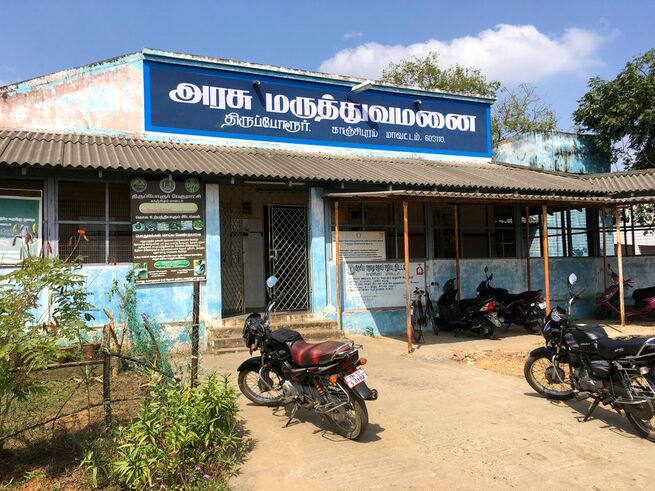Please click here for a tribute to Sujit John,
SCARF Research Director and INTREPID study coordinator
INTREPID II at a glance
|
What is INTREPID II?
INTREPID II is a 5 year research programme that investigates the incidence, presentation, outcomes and impact of psychotic disorders in three countries: India, Nigeria and Trinidad. INTREPID II is designed to overcome some of the methodological challenges involved in conducting international psychosis research. |
Who is involved in INTREPID II?
The participating organizations are the Schizophrenia Research Foundation (SCARF; Chennai, India), the University of Ibadan (Nigeria), the University of the West Indies (Trinidad), the London School of Hygiene and Tropical Medicine (UK), and the Institute of Psychiatry, Psychology & Neuroscience, King's College London (UK). The programme is funded by the Medical Research Council (MRC) of the United Kingdom. |
|
What are we looking to learn?
The majority of evidence on the epidemiology of psychoses has been generated in developed countries, but we have relatively little data on psychotic disorders in developing country settings. Through INTREPID II, we hope to learn more about variation in psychotic disorders – in terms of incidence, symptoms, help-seeking, physical health, and course and outcome – across diverse settings. |
What methods does INTREPID II use?
We aim to recruit approximately 240 people with psychotic disorders in each site and follow them up for 2 years, with extensive data collected on their social, economic, and clinical status. A relative of each participant and matched control will also be recruited and followed up over the same period. |
Head to About the Project to learn more.
"Because there is so little information at the moment about these questions, INTREPID II promises to have a big impact, both on our understanding of psychotic disorders and on how to intervene in more diverse settings."
Craig Morgan, Principal Investigator of INTREPID II
Professor of Social Epidemiology, Institute of Psychiatry, Psychology and Neuroscience (IoPPN)
King's College London

